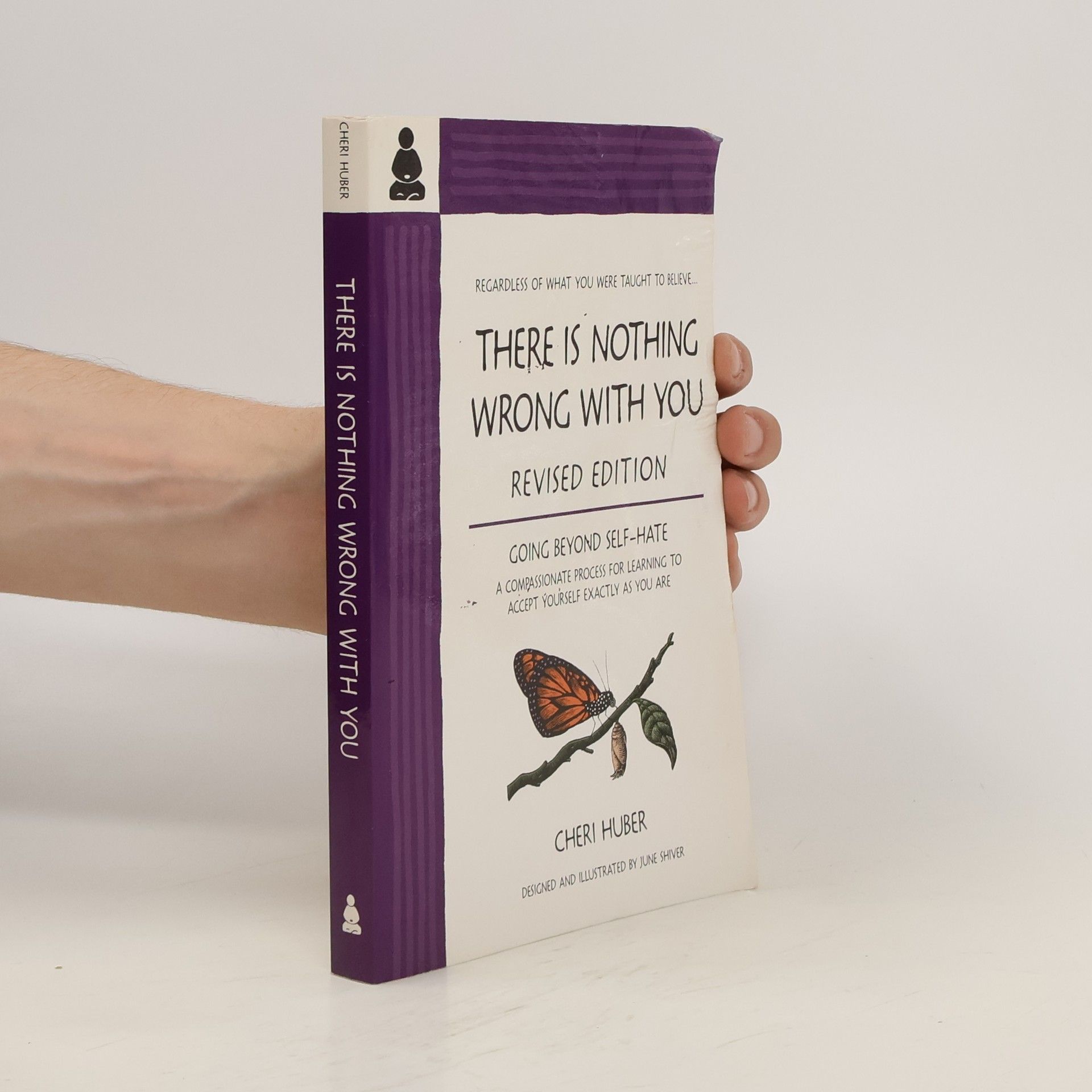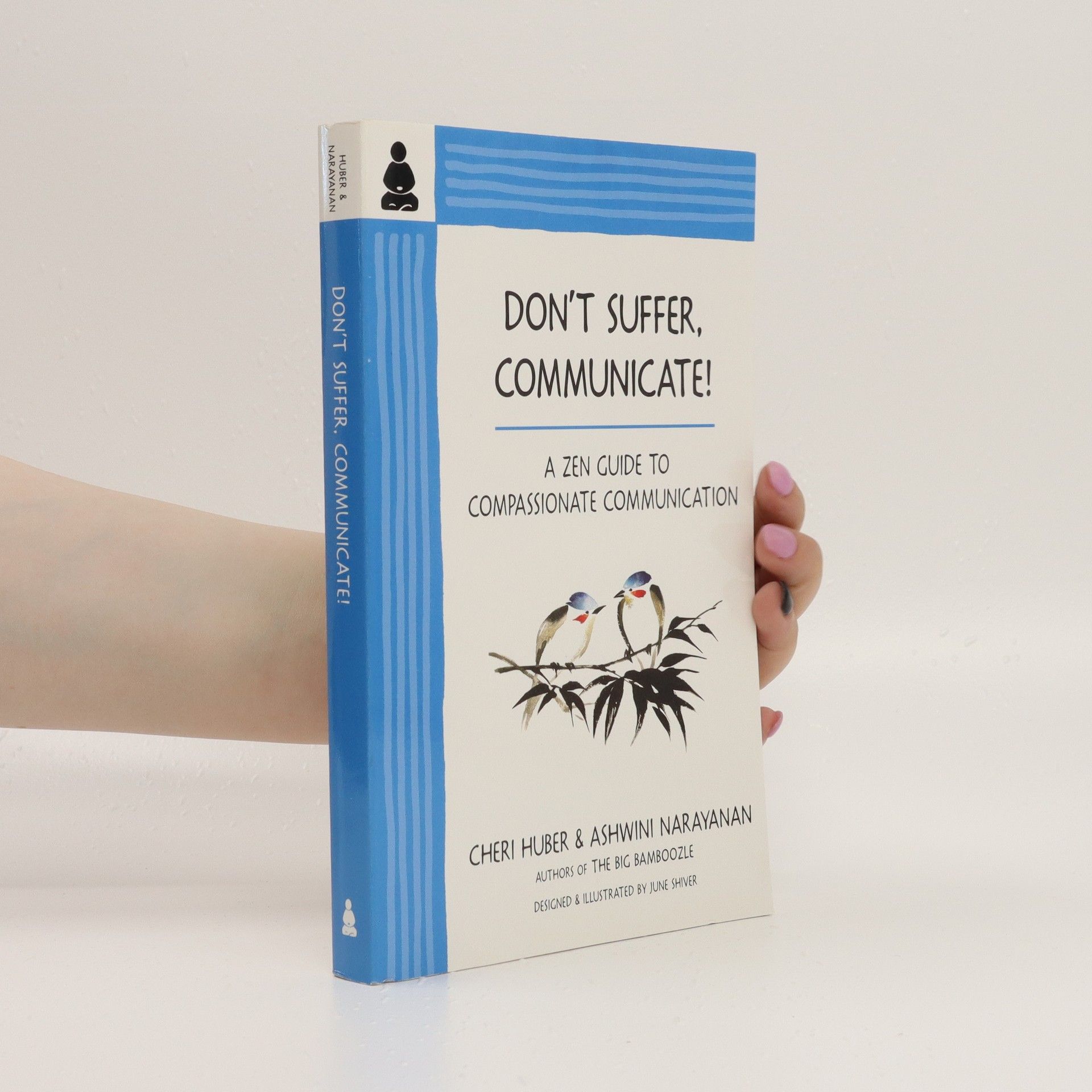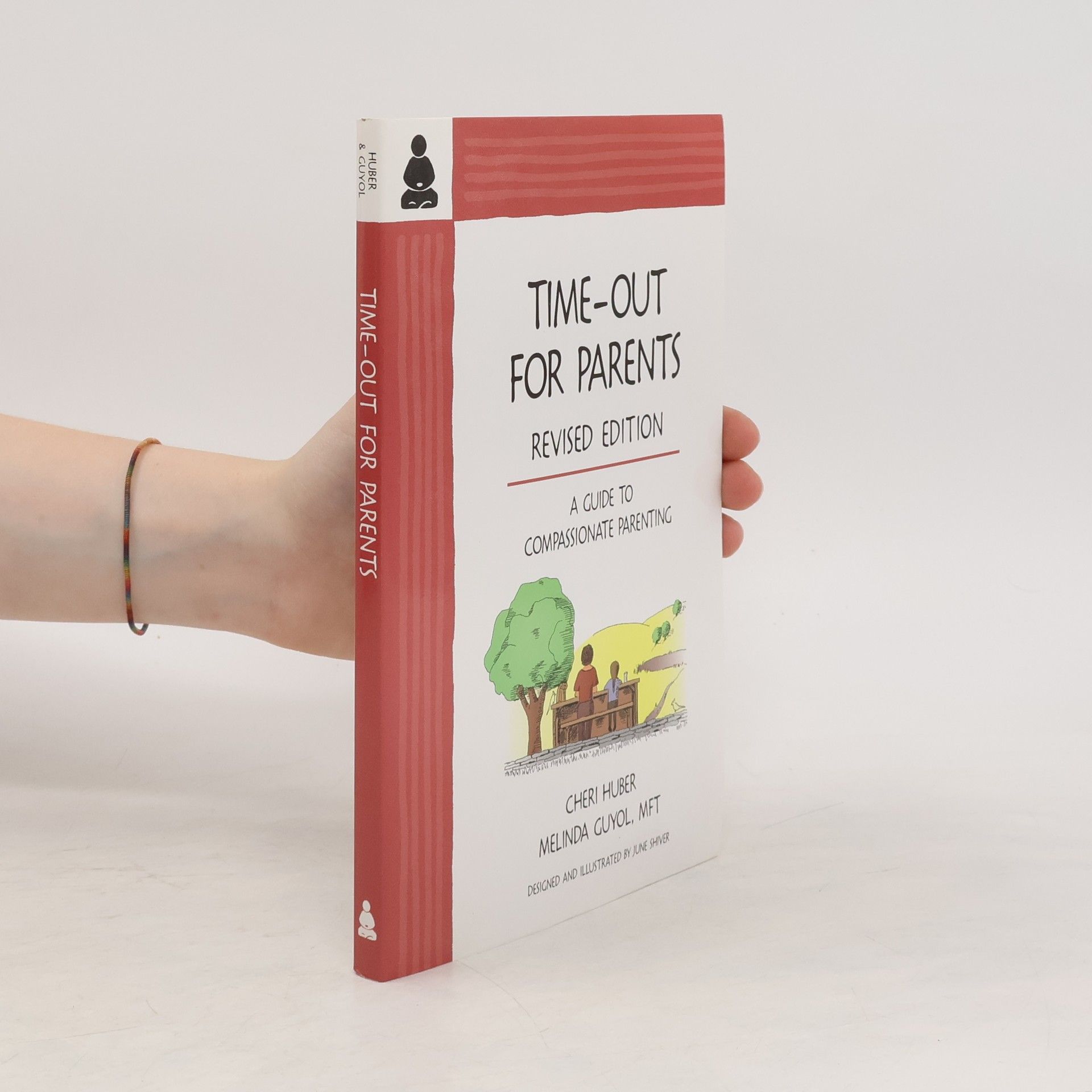Time-Out for Parents
- 168pages
- 6 heures de lecture
Employing a method of discipline used for children, this Zen guide encourages parents to look inwardly and reflect on their motivations in order to respond to their child's needs from a clearer, kinder perspective. It contains meditative exercises for stressed or disgruntled parents and provides accounts of parent/child interactions. In each one, the self-aware parent describes how they would have reacted before learning to take time-out to discover their own motivations. Then each parent tells how he or she responded to the situation from a clearer, kinder viewpoint.








